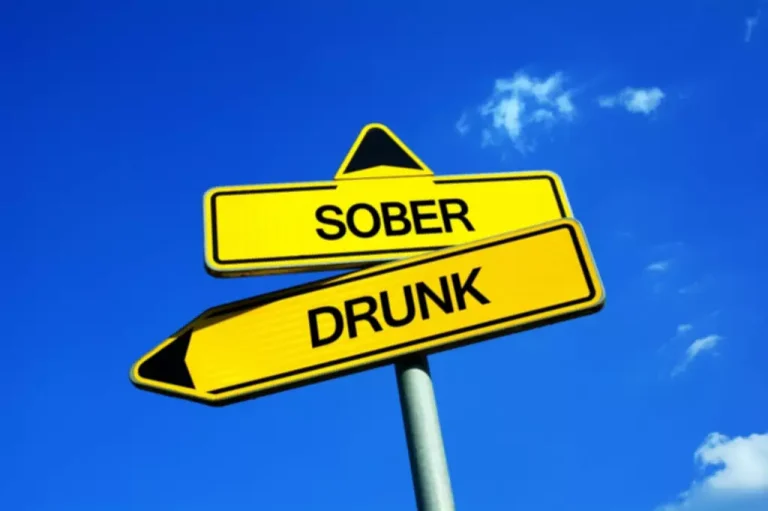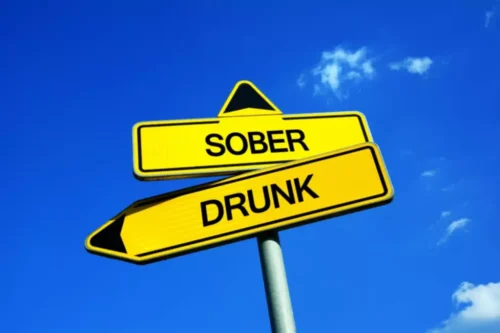
It is also not uncommon for problem drinkers to get into trouble with the police. They may be arrested and charged with a DUI or for public intoxication. Gradually, drinking becomes a psychological escape and coping mechanism for everyday issues. When they drink, there are times they will drink too much or engage in binge drinking. Reducing drinking, or even eliminating it altogether, can lower a person’s risk of these conditions and complications. Delaying emergency care increases the risk of serious health issues, in which stage of intoxication does an individual become aggressive or withdrawn and sleepy including death.
Signs and Symptoms of End-Stage Alcoholism

An end-stage alcoholic will experience life-threatening withdrawal symptoms when they stop drinking. This is why detoxing should be done with a medical professional’s supervision at an addiction treatment center. The primary symptoms of stage three include high tolerance to alcohol, physical symptoms, and more obvious drinking behaviors. The middle stage of alcoholism is when drinking interferes with everyday life. In the end, nothing you do can make someone else get or stay sober. However, you can support a family member who is struggling with their alcohol consumption and mental health by encouraging your loved one to seek treatment.
Strategies for Successful Detox: A Holistic Approach to Recovery
However, the foundation for future addiction may be laid as tolerance, and chronic drinking begins to form. This stage often goes unnoticed because it does not yet involve compulsive drinking or physical dependence. Copyright © 2025, AddictionHelp.com The information provided by AddictionHelp.com is not a substitute for professional medical advice. View our editorial content guidelines to learn how we create helpful content with integrity and compassion. Alcoholism is a dangerous and life-altering disease that can seriously affect your health and well-being. This stage also qualifies as a severe form of alcohol use disorder (AUD) according to the DSM-5 criteria.
Stage 7: Death
- You might miss work, forget to pick up the kids, become irritable, and notice physical signs of alcohol abuse (facial redness, weight gain or loss, sluggishness, stomach bloating).
- With excessive alcohol consumption, this important organ can’t metabolize Vitamin D, which could develop into a deficiency.
- Alcohol misuse has negative consequences at every stage and severity.
See a certified medical or mental health professional for diagnosis. Compulsive behaviors are prominent https://ecosoberhouse.com/ in addiction, and people with alcohol addiction often drink whenever and wherever they desire. Drinkers leave the experimental stage when their alcohol consumption becomes more frequent. Instead of just drinking at parties once in a while, you may find yourself drinking every weekend.

Find the Road to Recovery from Alcohol Use Disorder with Caron Treatment Centers

This stage is characterized by increasing tolerance to alcohol and the development of early signs of alcohol dependency. Alcoholism is often marked by an inability to control or stop drinking, an increased tolerance to alcohol, and withdrawal symptoms when alcohol consumption is ceased. It is important to note that alcoholism is a treatable condition, and seeking professional help is crucial for individuals struggling with this disorder. Alcohol addiction treatment can occur at any of the stages of alcoholism. However, most people do not seek help until they are in one of the end stages of addiction. The liver is working harder to break down alcohol, which could lead to major liver damage and eventually to even more serious health conditions, such as cirrhosis of the liver.
If you or a loved one are struggling with alcohol use disorder, there are a variety of treatments that have helped people find their road to recovery. You may notice your loved one going out to party and drinking more than they used to or beginning to use increasing amounts of alcohol. Early misuse may transition from your loved one grabbing a drink immediately after work to having 3-4 drinks every day after work to escape from stress until bedtime. For others, misuse of alcohol could coincide with misuse of medications or other drugs or using marijuana addiction them in dangerous situations.
What Are the Different Stages of Alcoholism?
We do not receive any commission or fee that is dependent upon which treatment provider a caller chooses. Join our supportive sober community where each day becomes a step towards personal growth and lasting positive change. They are peer-led organizations dedicated to helping each other remain sober.

Early withdrawal symptoms include headaches, anxiety, nausea, irritability and shaking. When a person consumes alcohol, the full effects may take some time to become apparent. Regardless of the stage in which someone seeks treatment, the first step on the road to recovery is undergoing medically supervised alcohol detox. Now, alcoholism has advanced to the middle-stage, which is when the craving for alcohol becomes extraordinarily strong. They are drinking to avoid the symptoms of alcohol withdrawal and alcohol detox. It might even be apparent early on that the individual is not drinking like everyone else.
People with moderate AUD often benefit from inpatient residential programs or more intensive treatment options. The early alcohol misuse stage covers a wide range of drinking patterns, including occasional irresponsible use, excessive drinking, or a diagnosable mild AUD. One of the biggest concerns with risky drinkers is when they don’t think they have a problem. Moderate drinking is the only safe way to consume alcohol, but drinking in general isn’t safe for everyone. Alcohol addiction is characterized by a physical and psychological need to drink.
The individual’s life revolves around alcohol, and they may be unable to function without it. This is when the addiction becomes more apparent, and the individual starts to experience both physical and psychological dependence on alcohol. It starts innocently enough, with an occasional drink—but before you know it, drinking becomes a habit that’s hard to control. As time goes on, alcoholism progresses, affecting your health and well-being. Alcoholism is a chronic, often progressive disease involving excessive consumption of alcohol to the extent that it causes physical, mental, and social harm to an individual. Cirrhosis can cause a host of other health problems, including high blood pressure, which can lead to the development of enlarged veins in the esophagus called esophageal varices.

